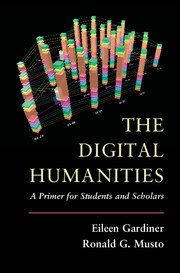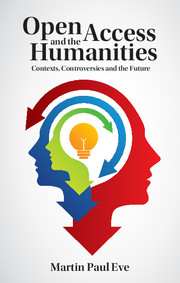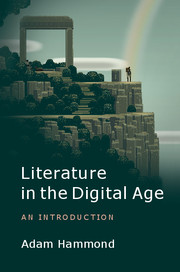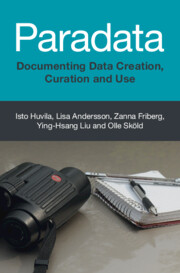The Digital Humanities
The Digital Humanities is a comprehensive introduction and practical guide to how humanists use the digital to conduct research, organize materials, analyze, and publish findings. It summarizes the turn toward the digital that is reinventing every aspect of the humanities among scholars, libraries, publishers, administrators, and the public. Beginning with some definitions and a brief historical survey of the humanities, the book examines how humanists work, what they study, and how humanists and their research have been impacted by the digital and how, in turn, they shape it. It surveys digital humanities tools and their functions, the digital humanists' environments, and the outcomes and reception of their work. The book pays particular attention to both theoretical underpinnings and practical considerations for embarking on digital humanities projects. It places the digital humanities firmly within the historical traditions of the humanities and in the contexts of current academic and scholarly life.
- Provides an examination of the digital humanities within the context of the traditional humanities dating from the Renaissance
- Considers the theoretical and the meta-issues involved in digital humanities research
- Provides practical information on available tools, humanities centers, an up-to-date bibliography and glossary, and serious consideration of the issues of academic career advantages and disadvantages plus funding and support for humanities and digital humanities research
Reviews & endorsements
"Deep scholarship and lively engagement with a vast range of contemporary innovations animate this concise, reliable, indeed almost indispensable book."
James J. O’Donnell, author of Avatars of the Word
"Here is the rare publication that offers an insider’s deep understanding of the humanities as well as the practitioner’s experience of the digital. A wealth of theoretical and technical information is on offer, including an invaluable compendium of resources for the aspiring researcher. But the book’s crucial insight is that the fundamental issues shaping this arena are cultural, not technological."
Gail Feigenbaum, Getty Research Institute
"This remarkably intelligent and lucid book explains how the emergence of the digital world has created remarkable opportunities for gains in knowledge through the practice of the humanities. This book, providing a useful appendix and glossary, will lead students and scholars alike to think afresh about why they consider knowledge, its sources, and its representation the way they do."
Nicola Courtright, Amherst College
Product details
June 2015Hardback
9781107013193
288 pages
229 × 152 × 17 mm
0.52kg
14 b/w illus.
Available
Table of Contents
- 1. Introduction to the digital humanities
- 2. The organization of humanities research
- 3. The elements of digital humanities: text and document
- 4. The elements of digital humanities: object, artifact, image, sound, space
- 5. Digital tools
- 6. Digital environments
- 7. Publication: pre-release, release, and beyond
- 8. The meta-issues of digital humanities 1
- 9. Meta-issues 2: copyright and other rights, DRM, open access
- 10. The evolving landscape for the digital humanities
- Epilogue: the half-life of wisdom
- Appendix: digital tools.





